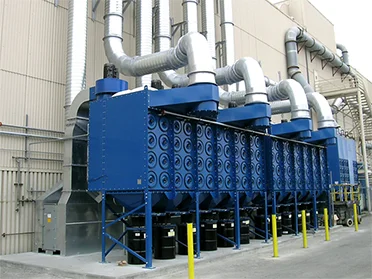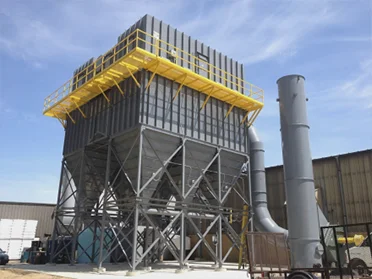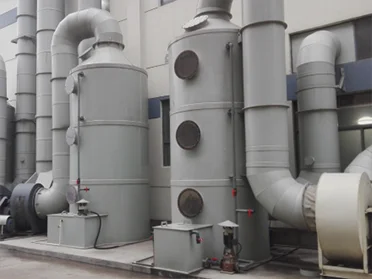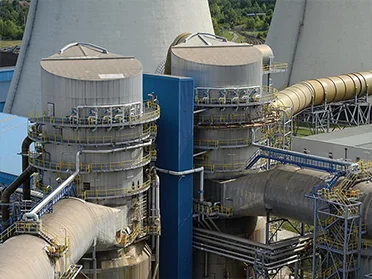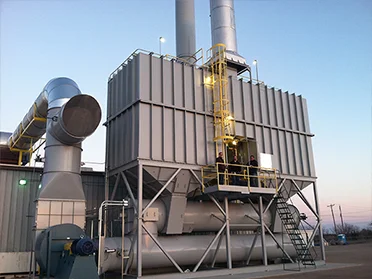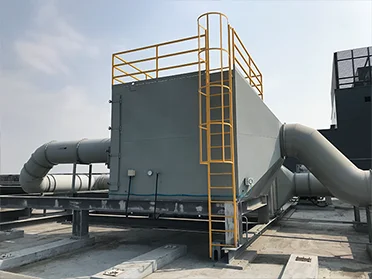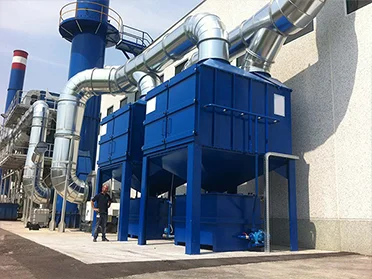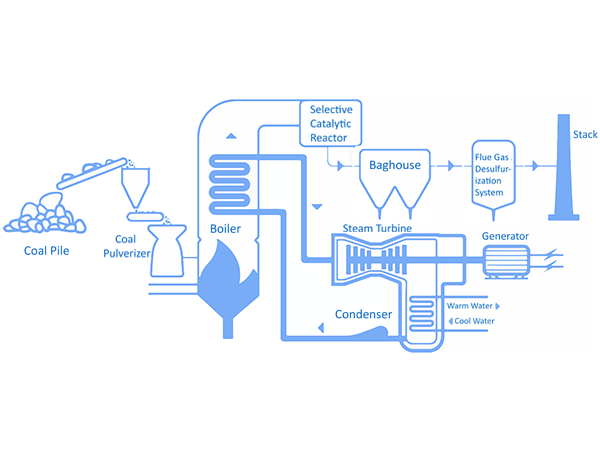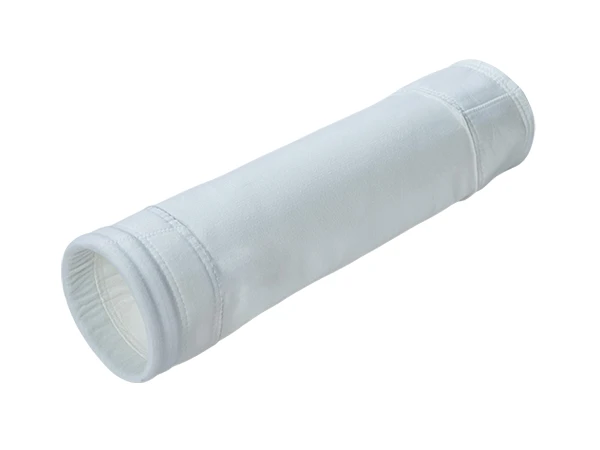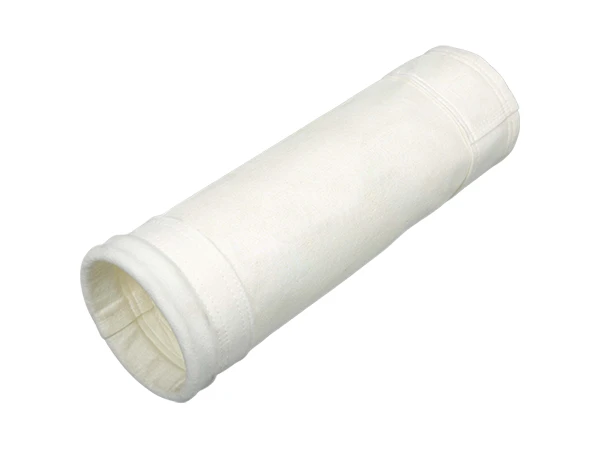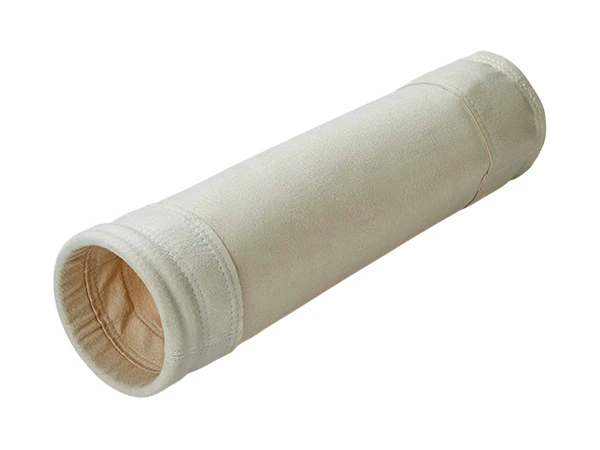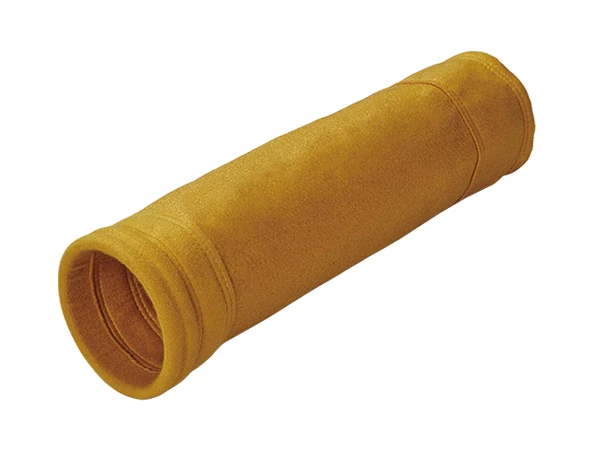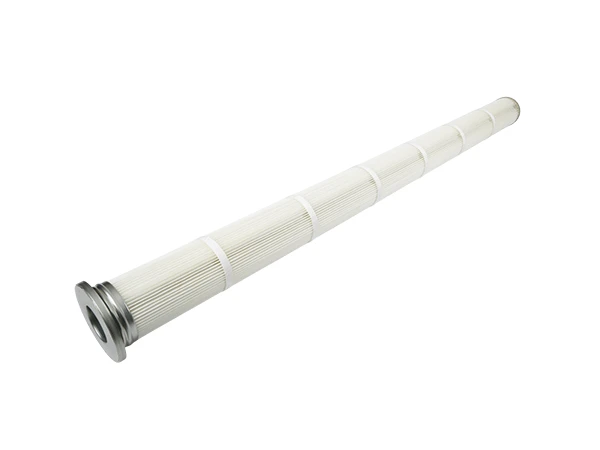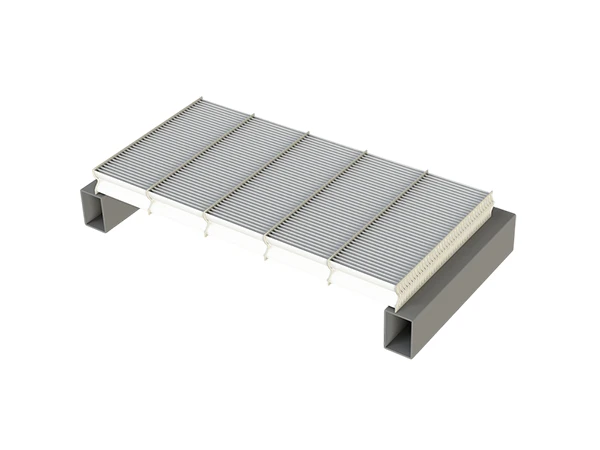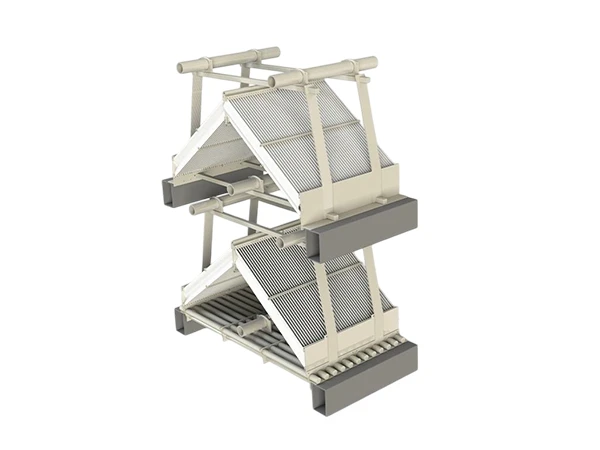- Home
- Products
-
Dust
Dust
We are committed to providing efficient dust control equipment for various industrial applications, effectively reducing particulate matter in the air.

-
High-Temperature Flue Gas
High-Temperature Flue Gas
We are dedicated to supplying high-temperature flue gas treatment systems to help enterprises achieve ultra-low emissions.

-
Acidic-Alkali Exhaust
Acidic-Alkali Exhaust
We are committed to offering acid and alkali waste gas treatment equipment to prevent environmental corrosion and hazards.

-
Desulfurization & Denitrification
Desulfurization & Denitrification
We are dedicated to providing desulfurization and denitrification systems that efficiently remove sulfur dioxide and nitrogen oxides.

-
VOCs
VOCs
We are committed to delivering VOCs treatment facilities to eliminate volatile organic compounds released during industrial processes.

-
Industrial Odor Control
Industrial Odor Control
We are devoted to providing odor and foul smell control devices to remove unpleasant substances from industrial exhaust and improve air quality.

-
Industrial Oil Mist
Industrial Oil Mist
We are committed to offering oil mist purification systems to create a cleaner and safer working environment.

-
Dust
- Industry
- Support
- About
- Contact
